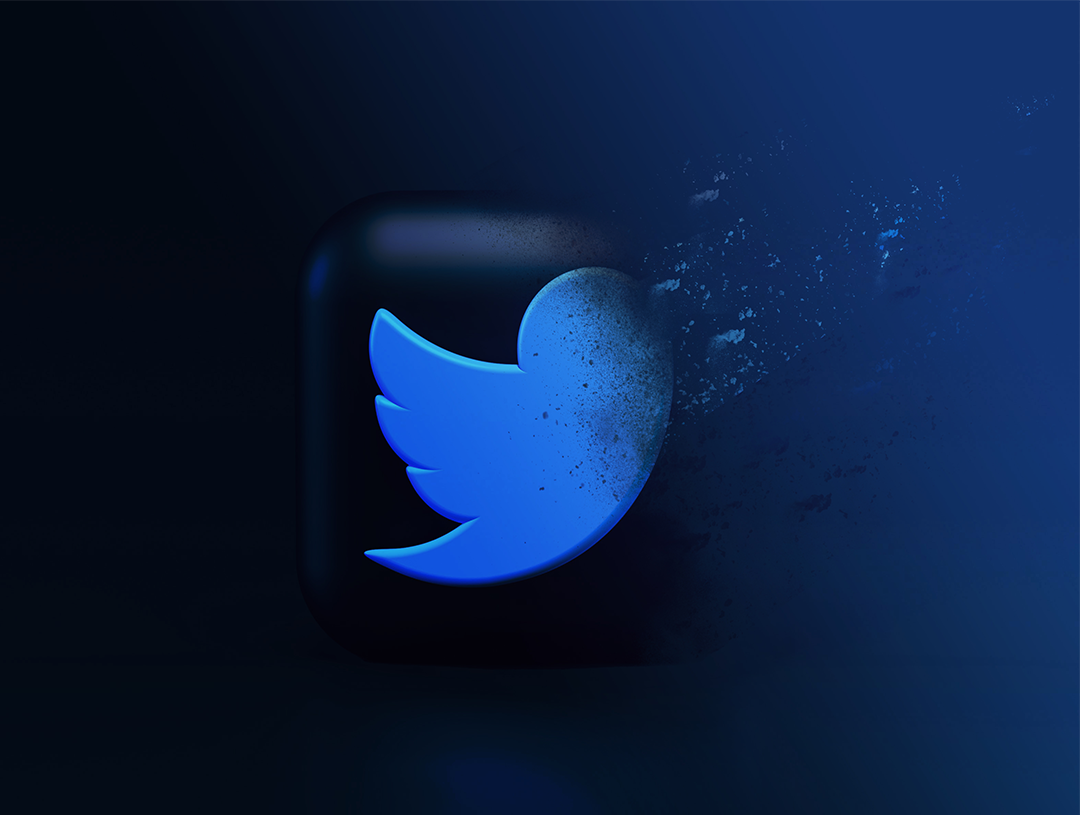How Twitter’s disappearance could affect the health and pharma industry
Medical Pharmaceutical Translations • Nov 21, 2022 12:00:00 AM

Updated: Nov 21, 2022
However you feel about Twitter, it’s hard to deny that its demise (which many people have been predicting since new owner Elon Musk began making sweeping and seemingly ill-advised changes) would have dramatic consequences in numerous fields. This includes health and pharma.
While some social media platforms are associated with medical researchers and professionals in flashier, more easily noticeable ways, Twitter, Luca Dezanni of AstraZeneca says, “is by far the dominant platform within healthcare.” Twitter’s staff counted more than 155 million tweets “by and about healthcare professionals” in 2021 alone.
As with other social media platforms, people in healthcare use Twitter to share health information and news. True to Twitter’s facility for fostering conversations, many also use it to communicate with colleagues in real time.
A lot stands to be lost if the site goes dark. In a recent article in The Conversation, Michigan State University’s Anjana Susarla, a specialist in social media and AI, notes some of the ways that Twitter’s downfall would (or will, if you’re feeling pessimistic) impact the healthcare and pharma community.
These include:
- A loss of a source of invaluable, unique data.
Like any social media platform, Twitter allows observers to follow trends and reactions to all sorts of phenomena. But the site goes beyond this, making every public tweet a member has ever posted instantly and easily accessible. Susarla calls Twitter “[an] archive of collective human behavior”.
This far-reaching data has been invaluable to researchers in fields like human behavior and healthcare. For instance, Susarla reports that by analyzing tweets, public health researchers have discovered a correlation between tweeting about HIV and HIV incidence.
- A lack of geographically specific information about ongoing health issues.
Because many tweets are geotagged, researchers can get a glimpse of health trends and issues in specific places - for example, areas where vaccine hesitancy is common in a significant percentage of the population.
- The absence of easily verifiable information and sources.
One way we’re already seeing the impact of Twitter through a disappearance is in the importance of its blue check verification system. Until Musk officially became owner of the platform in October 2022, Twitter users who had gone through a verification process received a blue check beside their name to confirm their identity - an invaluable and easy way for organizations, companies, celebrities, specialists, and others, to confirm that information they were sharing was really from them.
When Musk eliminated the verification process and made it possible for anyone to get a blue check for any account simply by paying for it, people immediately began impersonating others and (often satirically) spreading outrageous rumors and statements.
The pharma industry got a taste of the chaos when an unverified user with a blue check changed their name and user image to pharmaceutical powerhouse Eli Lilly and Co. and tweeted “We are excited to announce insulin is free now.”
The real Eli Lilly and Co. contacted Twitter immediately, but due to staff cuts at the social media platform, the problem took hours to resolve. Eli Lilly and Co., who owns multiple Twitter accounts dedicated to different health issues, news, and international branches, has since cut off all advertising on the site, and has expressed concern that goes beyond the controversial insulin pricing issue, pointing out that any health or pharma entity could be impersonated and used to spread inaccurate or deliberately false health-related information.
Sadly, even if this trend of deliberate misinformation stops, the confidence that the blue check previously inspired is probably over, unless the old verification system is reinstated.
- A loss of an impactful way to spread the word.
Tweeting was an easy way to reach the platform’s millions of users, and many health and pharma companies, workers, and organizations regularly used the site to share important health-related information, both general and of a time sensitive nature.
Because Twitter is very much focused on real-time reporting, for example, it was an extremely helpful communication tool in the height of the pandemic. It’s also been used to inform local populations of life-threatening situations in their area. Susarla cites, for example, the way a number of verified Twitter accounts shared information about contaminated water in West Virginia.
Detractors of social media tend to think all social media is bad, and pretty much all the same. But love it or hate it, Susarla states, there’s nothing quite like Twitter, which allows its users to reach millions of others in real time while also being a source of invaluable archives of information and human behavior.
She’s not alone in her esteem of the site, pointing out that Senator Edward Markey recently called Twitter "essential" to American society.
There are some similar platforms, including Mastodon, but none combine the reach and ease of use that makes Twitter so unique and such a valuable resource to its users. With this in mind, the question isn’t just Will Twitter survive?, but If it doesn’t, how will the health and pharma field adapt?
Contact Our Writer – Alysa Salzberg
